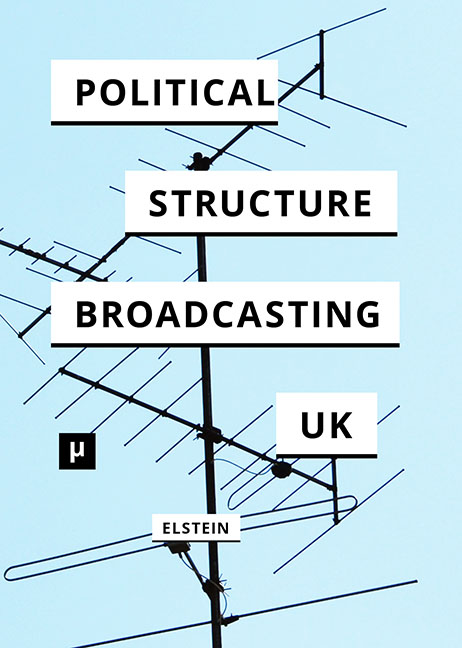Citizen Lobby
From Capacity to Influence
The Internet holds endless opportunities for exchange and dialogue and the promise of developing a better democratic model. Day-to-day politics are largely driven by economic lobbies in the interest of what Habermas calls their „generalised particularism,“ the threat to take jobs and tax revenues elsewhere. Citizens’ influence over politicians is twofold: they are asked for their input in elections, referenda, online consultations and surveys, and citizens can initiate issues where they see political action needed. Yet these “participative forces,” including NGOs, street rallies and charities, regularly fail to reach the ears of elected politicians as effectively as those of well-funded corporate lobbies. Also, this type of voluntary engagement often falls short of presenting the kind of reasoned challenges to the incumbents—by the electorate—that Habermas’ communicative action aimed at.
A more powerful model would therefore organise the efforts of the electorate in a way that both generates those reasoned arguments, which, as Habermas quite correctly pointed out differ from mere opinions, and delivers them to the elected politicians in a manner they can neither refuse nor ignore. This is what the Citizen Lobby intends to do.




